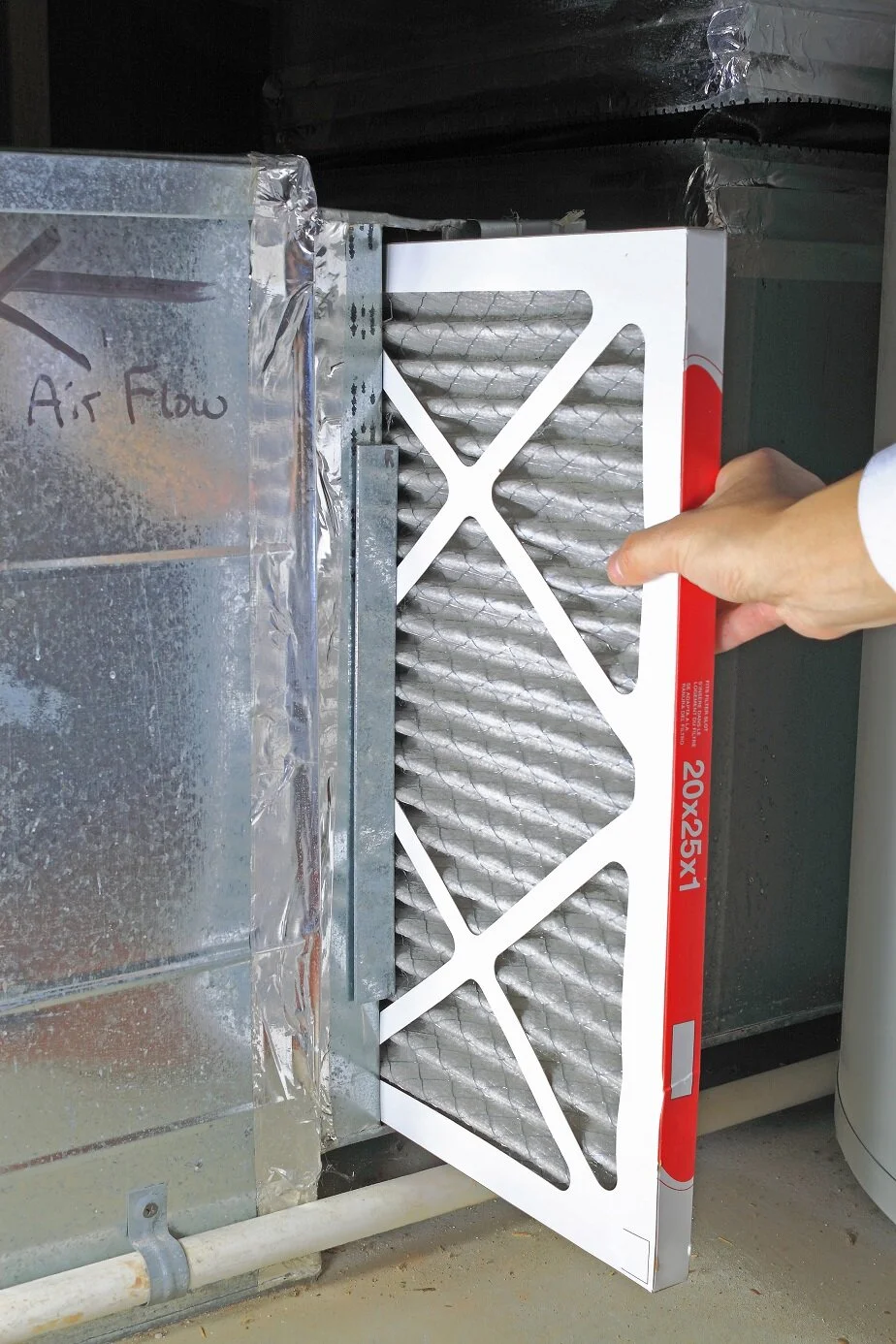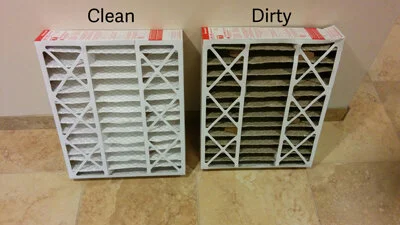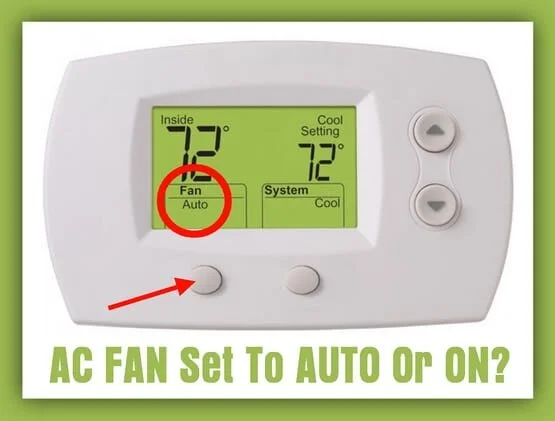5 tips improve indoor air quality, energy efficiency during wildfires
From Energy Trust of Oregon:
With wildfires burning across Oregon, including the nearby Bootleg fire, and above-normal fire activity predicted for the western U.S., communities across Oregon and Washington are facing the threat of another smoke-filled summer.
Wildfires can pose health threats due to the microscopic particles from smoke. And that smoke can also make your heating and air condition systems work harder, contributing to increased energy use and higher bills.
While fire season is an anxiety-inducing time, Energy Trust of Oregon is offering tips for improving indoor air quality and reducing energy use now, which can help reduce stress later.
“Sadly, many Oregonians are again coping with smoke and other impacts of devastating wildfires,” said Scott Leonard, residential spokesperson for Energy Trust. “With these dry, hot conditions expected to continue through the summer, we want to make sure everyone has information on how to improve their indoor air quality while keeping energy costs low.
Here are Energy Trust of Oregon’s top five tips for keeping your loved ones healthy, maintaining the comfort of your home and saving on energy costs during wildfire season.
Replace your air filter frequently
Replace that air filter.
Clogged air filters are both hard on equipment and hard on breathing. This filter on the right, no doubt, was pushing particulate matter into a home while using extra energy. Replacement is a win-win - better efficiency, better breathing.
Typically, you should replace your filter every three months. During smoke events, your filter may need to be replaced every six weeks to maintain healthy indoor air quality and avoid extra energy use. Check your filter for dust and debris buildup at least once a month during heavy use and more often in heavy smoke conditions.
Filters with a high minimum efficiency reporting value (MERV) have a much finer weave that catches far more particles compared with standard filters.
High-rated MERV filters can also make some HVAC systems work harder, which can increase energy use. Consult the manufacturer’s manual or website for the best advice on the filters you should be using.
Make sure to switch back to a standard filter after wildfire season. If your HVAC system is designed to work with a high-rated MERV filter, this isn’t an issue, but you should still replace the filter regularly.
Switch to “fan only” mode temporarily
It is a good idea to use your HVAC system in “fan only” or “on” mode during wildfire season. This ensures your system is operating continuously to run your indoor air through the filter.
Remember to go back to “auto” mode before cold weather returns and heating season starts, so that the system kicks on only when needed. That way, you will avoid increasing your energy use and raising your costs.
Tighten seals around windows, doors and window air conditioners
If you have a window air conditioner, close the outdoor air damper. If you cannot close the damper, do not use the window air conditioner. Make sure the seal between the air conditioner and the window is as tight as possible.
If you have a portable air conditioner with a single hose, typically vented out of a window, do not use it in smoky conditions. If you have a portable air conditioner with two hoses, make sure that the seal between the window vent kit and the window is as tight as possible.
Avoid creating more fine particles & air out your home after a smoke event
Avoid activities that create more fine particles indoors: smoking cigarettes; using gas, propane or wood-burning stoves and furnaces; spraying aerosol products; frying or broiling food; burning candles or incense; vacuuming, unless you use a vacuum with a HEPA filter.
When air quality improves, air out your home by opening windows or the fresh air intake on your HVAC system.
Use a portable air cleaner or high-efficiency filter to remove fine particles from the air
Run it as often as possible on the highest fan speed.
For more information on indoor air quality during wildfires, check out these resources from the U.S. Environmental Protection Agency (EPA).
You can also find low- and no-cost ways to save energy and money any time from Energy Trust of Oregon.
…
Did you enjoy this information? Great. Did you know your agency or business can share important information like this for just $35, and it will live on our website forever. Better yet, when we publish your piece we put it out on social media, including Twitter, Facebook and Instagram. Click here to get started.





